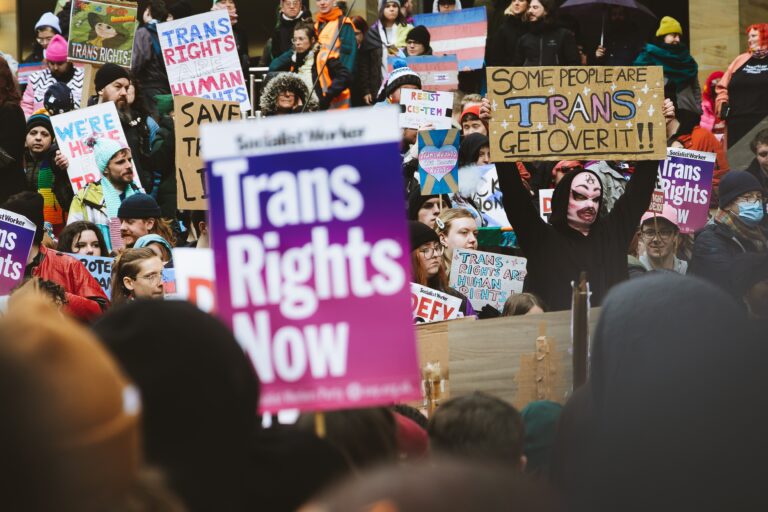17th October 2023 15:03
Victorian Legislative Council, Melbourne
Rachel PAYNE (South-Eastern Metropolitan) (15:03): (300) My question is for the Minister for Mental Health Minister Stitt. There is concern amongst the Frankston community regarding the potential closure of the Frankston Healthcare Medical Centre, a significant provider of methadone treatment for opioid dependency. Unfortunately this clinic may be forced to close soon. Funding that was promised by this government has fallen through, potentially leaving 1800 patients without essential treatment. These patients will be at high risk of relapse and are expected to present at emergency departments in dramatically increased numbers. So my question is: what is the minister doing to ensure adequate funding of the centre so that it can continue its important and quite likely life-saving work?
Ingrid STITT (Western Metropolitan – Minister for Mental Health, Minister for Ageing, Minister for Multicultural Affairs) (15:04): I thank Ms Payne for her important question. It is an issue that is of vital importance that people who are faced with opioid addiction get the support that they need to recover. I think it is important to state from the outset that the pharmacotherapy services that you are referring to, being a GP in the primary healthcare system, is primarily the responsibility of the Commonwealth because they are the responsible level of government who fund the Medicare system, but in this particular situation I am advised that the patient services have actually reopened and that patients have been able to access the support they need. There was a gap for a period of time when a particular GP was on an extended period of leave, and since last September to cover that gap the Victorian government has stepped in to provide a range of additional supports, including free telehealth services for prescriptions, importantly, through Turning Point, an organisation that I am sure you are familiar with. Of course Alfred Health and Peninsula Health during that period of time were running pop-up clinics in Frankston to try to make sure that people were not falling through the gaps given the significant implications for them if they were not able to access treatment.
This is a really important issue in terms of building up that capacity across Victoria in areas where we need it the most, and I will be taking the opportunity whenever I can to talk with the Commonwealth government about the importance of making sure that we are properly funding primary health services that provide this important support. As you are probably aware, we have invested over $370 million across alcohol and drug services in Victoria, including an extra $10 million investment in pharmacotherapy support systems. A number of initiatives that we are pursuing are to increase the capacity of the workforce, including new clinical placements for GPs, clinical supervision, education and mentoring and expanded case management, in addition to nurse practitioners to increase access to prescription services. I am more than happy to keep you up to date on how that is all going, but importantly I think we do now have a Commonwealth government, unlike the last federal government, who are interested in having a conversation about these important services.
Rachel Payne: I thank the minister for her response. She has answered my supplementary.





